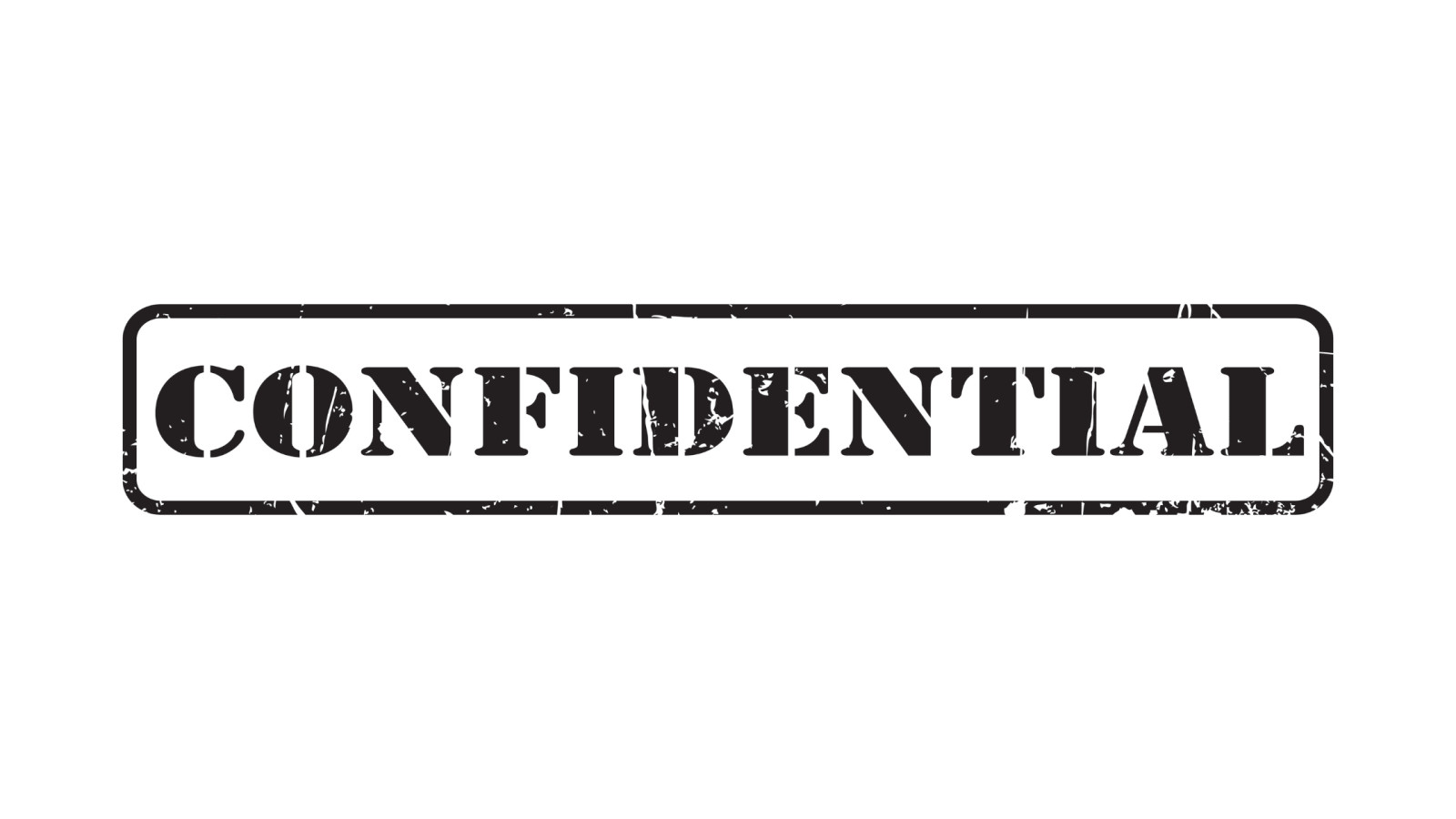
Mediation 101: A Guide for Homeowners and Car Owners to Resolve Conflicts Effectively
Conflict is an inevitable part of life. Whether it's a disagreement with a coworker, a dispute with a neighbor, or a family argument, conflicts can arise in various aspects of our daily lives. Resolving these conflicts in a peaceful and satisfactory manner is crucial for maintaining healthy relationships and achieving personal growth. While litigation is often seen as the default method for resolving disputes, mediation has emerged as an effective alternative that offers numerous benefits. In this article, we will explore the concept of mediation, its benefits, when to consider it, how to find the right mediator and the process of mediation.
Understanding Mediation: What It Is and How It Works
Mediation is a voluntary and confidential process in which a neutral third party, known as the mediator, helps facilitate communication and negotiation between parties in conflict. Unlike litigation, where a judge or jury makes the final decision, mediation allows the parties involved to have control over the outcome. The mediator does not make decisions or impose solutions but instead guides the parties toward finding their own mutually agreeable resolution.
The mediation process typically begins with an introductory session where the mediator explains the ground rules and establishes a safe and respectful environment for communication. Each party then has an opportunity to share their perspective on the conflict without interruption. The mediator may ask clarifying questions to gain a better understanding of the issues at hand.
Benefits of Mediation: Why It's a Great Alternative to Litigation
One of the primary benefits of mediation is its cost-effectiveness compared to litigation. Mediation typically costs significantly less than going to court, as there are no attorney fees or court costs involved. Additionally, mediation can be completed in a shorter timeframe than litigation, which can drag on for months or even years.
Confidentiality is another advantage of mediation. Unlike court proceedings, which are public records, mediation sessions are private and confidential. This allows parties to speak openly and honestly without fear of their words being used against them in the future.
Mediation also has the potential to preserve relationships. In litigation, the adversarial nature of the process often leads to further animosity and strain on relationships. Mediation, on the other hand, encourages open communication and cooperation, which can help parties find common ground and maintain a level of respect and understanding.
When to Consider Mediation: Signs That You Need a Mediator
There are several signs that indicate mediation may be a suitable option for resolving a conflict. One common sign is a breakdown in communication. If you find that you and the other party are unable to effectively communicate or understand each other's perspectives, mediation can provide a neutral space for facilitated dialogue.
Disagreements over property or money are also situations where mediation can be beneficial. Whether it's a dispute over dividing assets in a divorce or a disagreement over a business partnership, mediation can help parties find creative solutions that meet their needs and interests.
Conflicts with neighbors or family members are another area where mediation can be effective. These disputes often involve ongoing relationships, and litigation can further strain these connections. Mediation allows parties to address their concerns and find resolutions that take into account the importance of maintaining these relationships.
Employment conflicts, such as disputes between employees and employers or between coworkers, can also benefit from mediation. Mediation can help parties address underlying issues and find solutions that promote a healthy work environment.
Finding a Mediator: Tips for Choosing the Right One
When choosing a mediator, it's important to do thorough research to find someone who is qualified and experienced in handling your specific type of conflict. Start by asking for recommendations from trusted sources, such as friends, family, or professionals in related fields. You can also search online directories or contact local mediation organizations for referrals.
When evaluating potential mediators, look for qualities such as neutrality, empathy, and excellent communication skills. A good mediator should be able to create a safe and respectful environment for all parties involved and have the ability to facilitate productive dialogue.
Before hiring a mediator, it's essential to ask them a few key questions to ensure they are the right fit for your needs. Inquire about their training and experience, their approach to mediation, and their success rate in resolving conflicts similar to yours. It's also important to discuss fees and any other logistical details upfront to avoid any surprises later on.
Preparing for Mediation: What to Expect and How to Get Ready
Before entering into mediation, it's important to set clear goals for what you hope to achieve. Take some time to reflect on your needs and interests, as well as any potential solutions that you would find acceptable. This will help guide your discussions during the mediation process.
Gathering all necessary documents and information related to the conflict is also crucial. This may include contracts, financial records, or any other relevant paperwork that can help inform the discussions. Having this information readily available will allow you to present your case more effectively during the mediation sessions.
Preparing emotionally for mediation is equally important. Conflict can be emotionally charged, and it's essential to approach mediation with an open mind and a willingness to listen and understand the other party's perspective. Take some time to reflect on your emotions and consider how you can manage them during the mediation process.
The Mediation Process: Step-by-Step Guide to Resolving Conflicts
The mediation process typically follows a structured framework that allows parties to work towards a resolution in a systematic manner. While each mediator may have their own unique approach, the following steps are commonly followed in most mediations:
1. Introduction and opening statements: The mediator begins by introducing themselves and explaining the ground rules for the mediation session. Each party then has an opportunity to make an opening statement, where they can share their perspective on the conflict.
2. Information gathering: The mediator will ask questions and gather information to gain a better understanding of the issues at hand. This may involve asking clarifying questions, requesting additional documents or evidence, or exploring the underlying interests and needs of each party.
3. Identifying issues and interests: Once the mediator has gathered sufficient information, they will help the parties identify the key issues that need to be addressed. This involves breaking down the conflict into manageable components and exploring the underlying interests and needs of each party.
4. Generating options: The mediator will facilitate a brainstorming session where parties can generate potential solutions to the identified issues. This is a creative and collaborative process that encourages parties to think outside the box and explore various possibilities.
5. Evaluating options and reaching a resolution: Once a range of options has been generated, the parties will evaluate each option based on its feasibility, desirability, and potential for meeting their needs. The goal is to reach a mutually agreeable resolution that satisfies both parties.
6. Closing the mediation: Once a resolution has been reached, the mediator will help formalize the agreement and ensure that all parties understand their obligations moving forward. The agreement may be documented in writing and signed by all parties involved.
Communication Skills for Mediation: How to Listen and Speak Effectively
Effective communication is crucial for successful mediation. Here are some key communication skills that can help parties navigate the mediation process:
1. Active listening: Active listening involves fully focusing on what the other person is saying without interrupting or formulating a response in your mind. It requires giving your full attention, maintaining eye contact, and using nonverbal cues to show that you are engaged in the conversation.
2. Effective communication techniques: Effective communication involves expressing your thoughts and feelings clearly and respectfully. Use "I" statements to express your perspective without blaming or attacking the other party. Avoid making assumptions or generalizations and instead focus on specific behaviors or incidents.
3. Managing emotions during mediation: Conflict can evoke strong emotions, and it's important to manage these emotions during mediation. Take breaks if needed to calm down and regain composure. Use techniques such as deep breathing or visualization to help reduce stress and anxiety. Remember that the goal of mediation is to find a resolution, not to win or prove the other party wrong.
Negotiation Techniques for Mediation: How to Reach a Win-Win Solution
Negotiation is a key component of the mediation process. Here are some negotiation techniques that can help parties reach a win-win solution:
1. Collaborative problem-solving: Collaborative problem-solving involves working together to find solutions that meet the needs and interests of all parties involved. It requires a willingness to listen, understand, and explore various possibilities.
2. Interest-based negotiation: Interest-based negotiation focuses on identifying the underlying needs and interests of each party rather than focusing solely on positions or demands. By understanding what is driving each party's position, it becomes easier to find creative solutions that address those underlying needs.
3. Brainstorming and creativity: Brainstorming involves generating a wide range of potential solutions without judgment or evaluation. This encourages parties to think outside the box and explore unconventional ideas. By embracing creativity, parties can often find innovative solutions that meet everyone's needs.
Legal Issues in Mediation: Understanding Your Rights and Obligations
While mediation is a voluntary process, it's important to understand the legal implications and considerations involved. Here are some key points to keep in mind:
1. Overview of legal issues in mediation: Mediation is not a legally binding process, meaning that any agreements reached during mediation are not enforceable by law. However, parties can choose to have their agreement formalized into a legally binding contract if they wish.
2. Importance of consulting with an attorney: While mediators can provide legal information, they cannot provide legal advice. It's important to consult with an attorney before entering into mediation to understand your rights and obligations and ensure that your interests are protected.
3. Confidentiality and privilege in mediation: Mediation sessions are confidential, meaning that anything said or disclosed during the sessions cannot be used against you in court. Additionally, mediators are bound by confidentiality rules and cannot disclose any information shared during the mediation process without the parties' consent.
Mediation Success Stories: Real-Life Examples of Resolving Conflicts
There are numerous success stories that highlight the effectiveness of mediation in resolving conflicts. Here are a few examples:
1. Insurance Mediation: In an insurance mediation, a policyholder was able to reach a mutually agreeable resolution regarding their claim and coverage arrangements. By collaborating with a mediator, they successfully sidestepped the confrontational aspects of dispute resolution and upheld a sense of understanding and cooperation.
2. Workplace mediation: In a workplace mediation, two employees who had been in conflict for months were able to find common ground and improve their working relationship. Through facilitated dialogue, they were able to address their concerns and find solutions that met both their needs.
3. Foreclosure Mediation: In foreclosure mediation, homeowners were able to achieve a mutually beneficial resolution concerning mortgage repayment and potential foreclosure proceedings. Through constructive dialogue with a mediator, they navigated the challenges, avoiding the distressing path of legal action and fostering an environment of cooperation to find a sustainable solution.
Mediation vs. Arbitration: What's the Difference and Which One to Choose?
While mediation and arbitration are both alternative dispute resolution methods, there are key differences between the two:
1. Mediation: Mediation is a voluntary process where a neutral third party facilitates communication and negotiation between parties in conflict. The mediator does not make decisions or impose solutions but instead guides the parties towards finding their own mutually agreeable resolution.
2. Arbitration: Arbitration, on the other hand, is a more formal process where a neutral third party, known as the arbitrator, listens to both sides of the dispute and makes a binding decision. Unlike mediation, the parties involved in arbitration have little control over the outcome.
When choosing between mediation and arbitration, it's important to consider factors such as the level of control you want over the outcome, the complexity of the issues involved, and the desired level of confidentiality.
Mediation is a powerful tool for resolving conflicts in a peaceful and satisfactory manner. It offers numerous benefits, including cost-effectiveness, time efficiency, confidentiality, and the preservation of relationships. By considering mediation as an alternative to litigation, individuals can take control of their conflicts and work towards mutually agreeable solutions. Whether it's a workplace dispute, a family disagreement, or a neighbor conflict, mediation provides a safe and neutral space for parties to communicate, negotiate, and find a resolution.























0 Comments